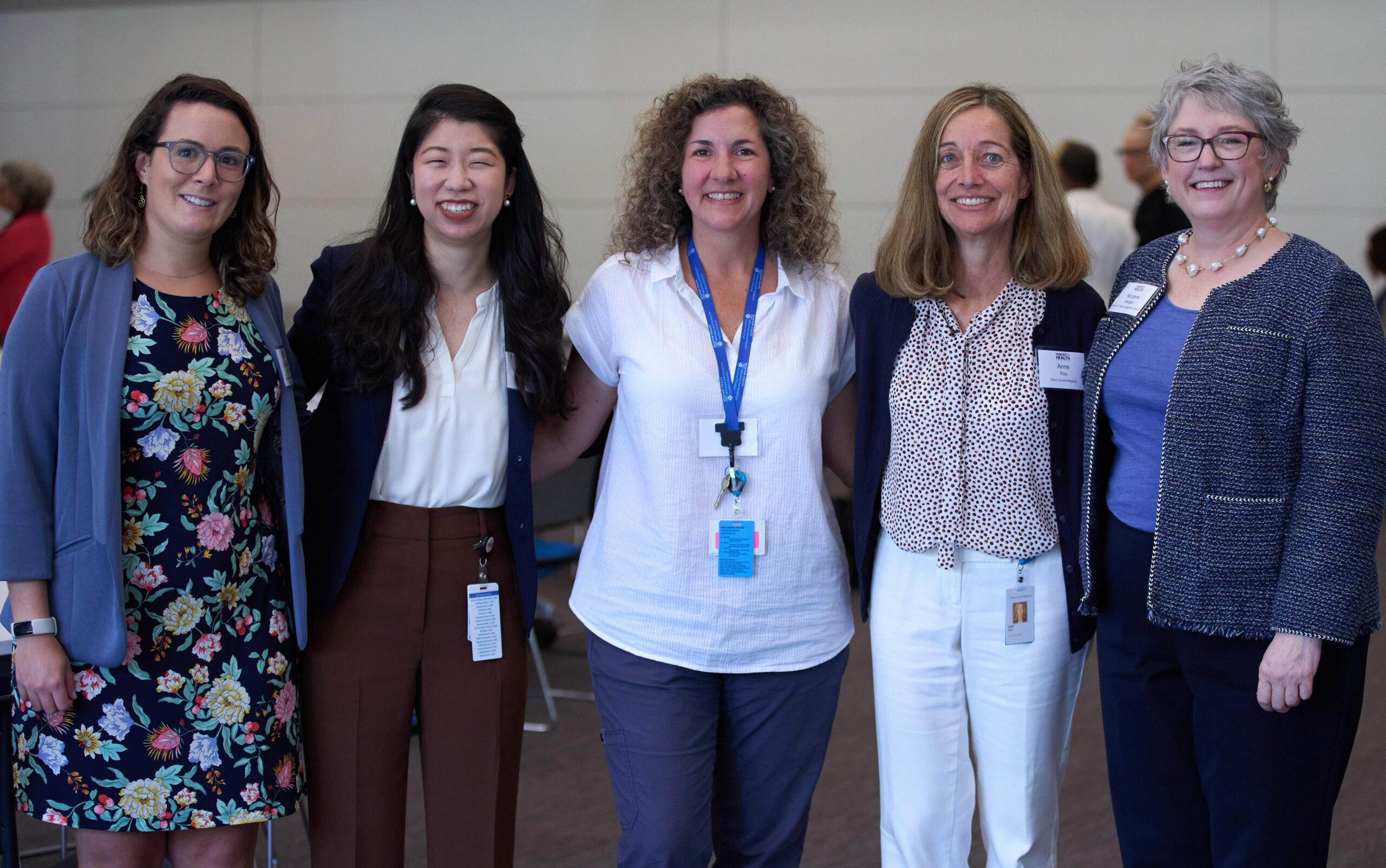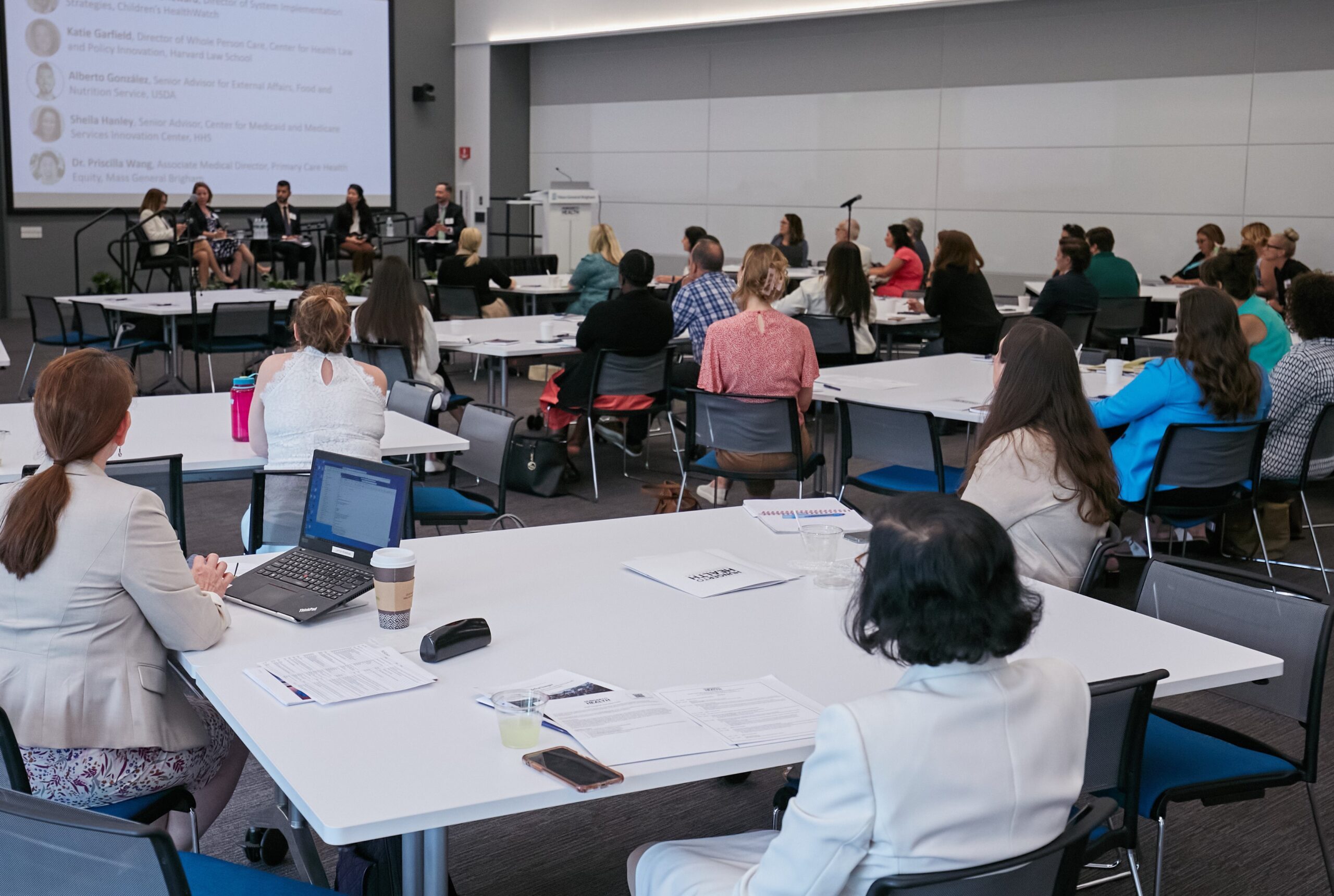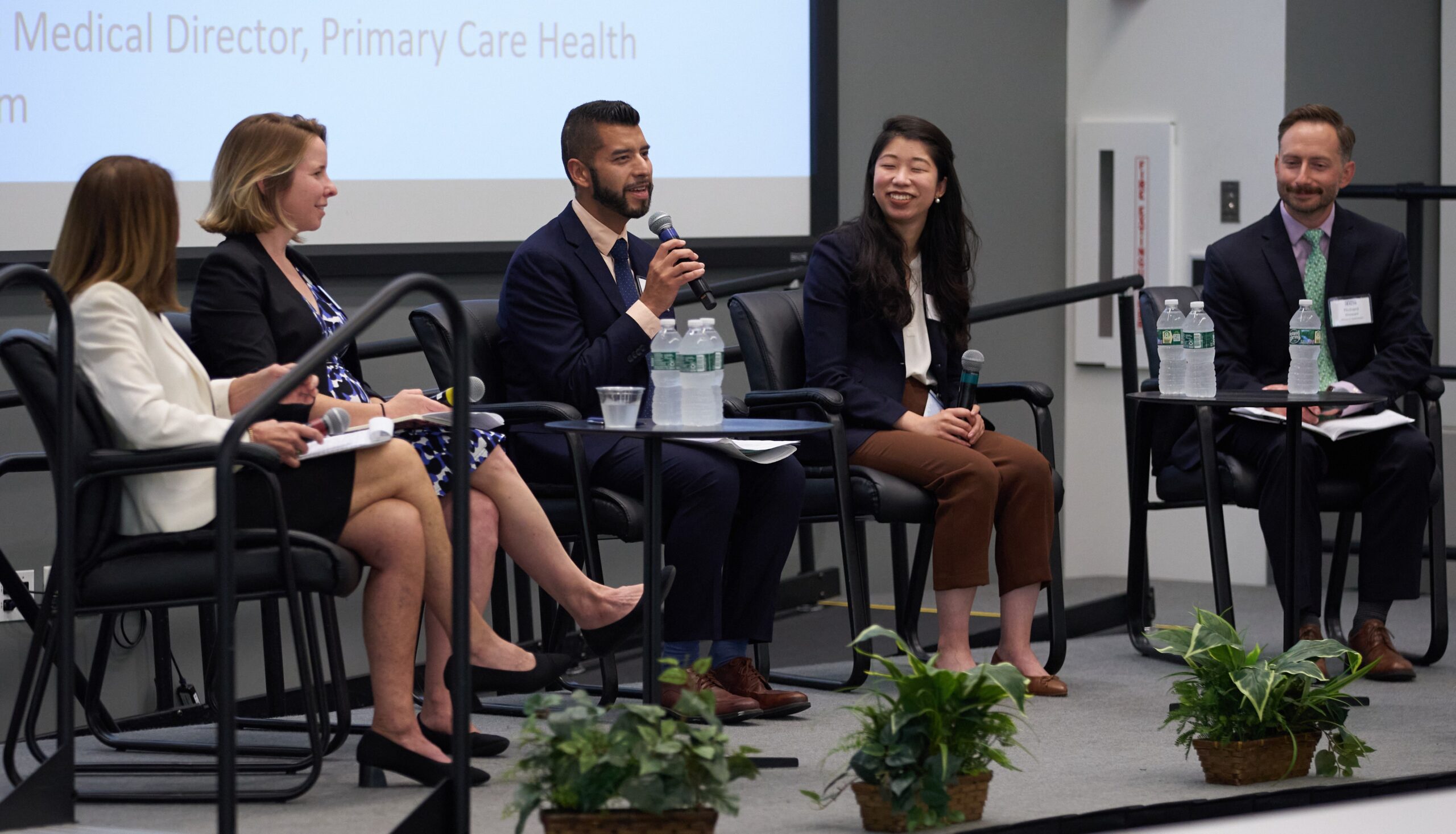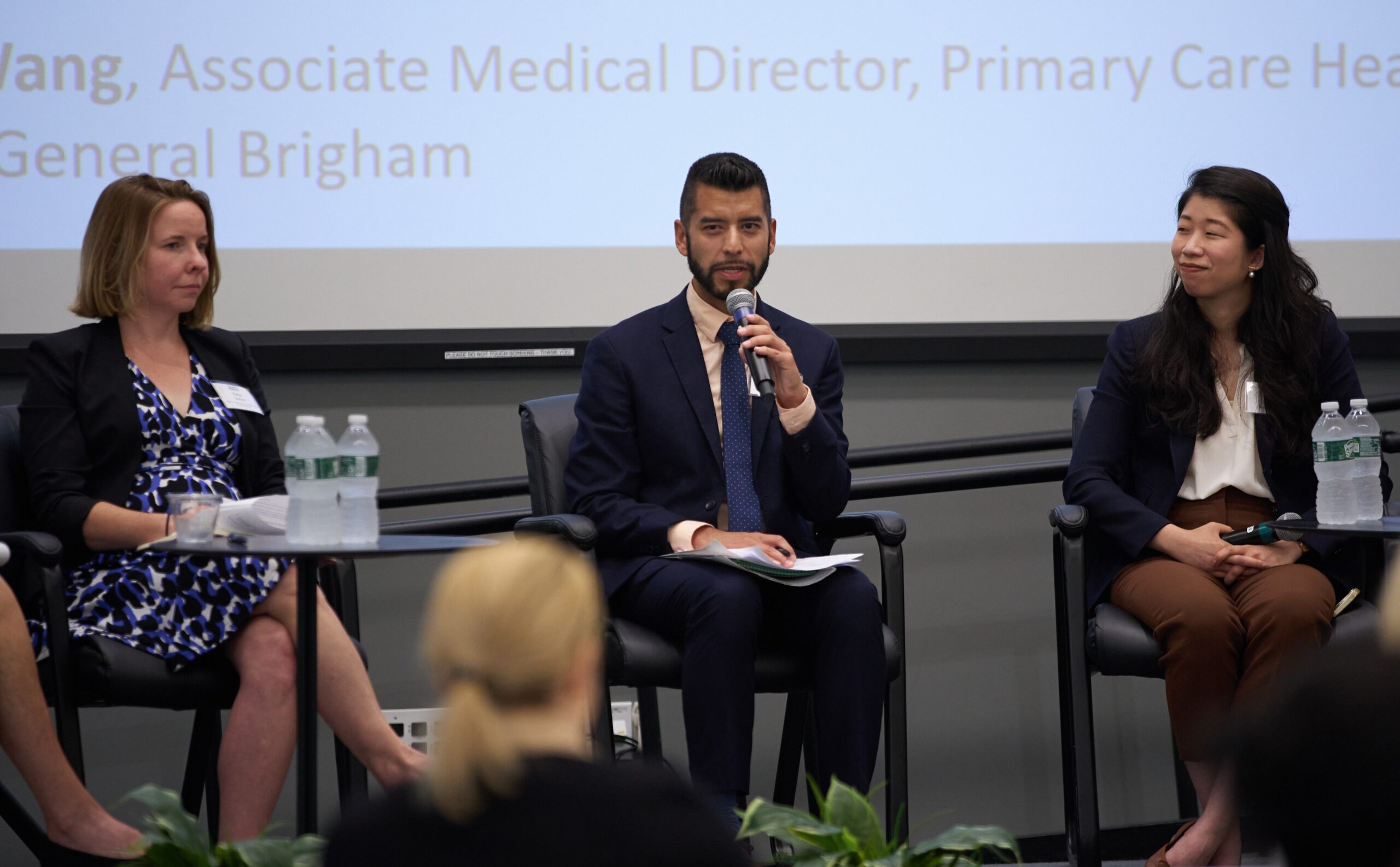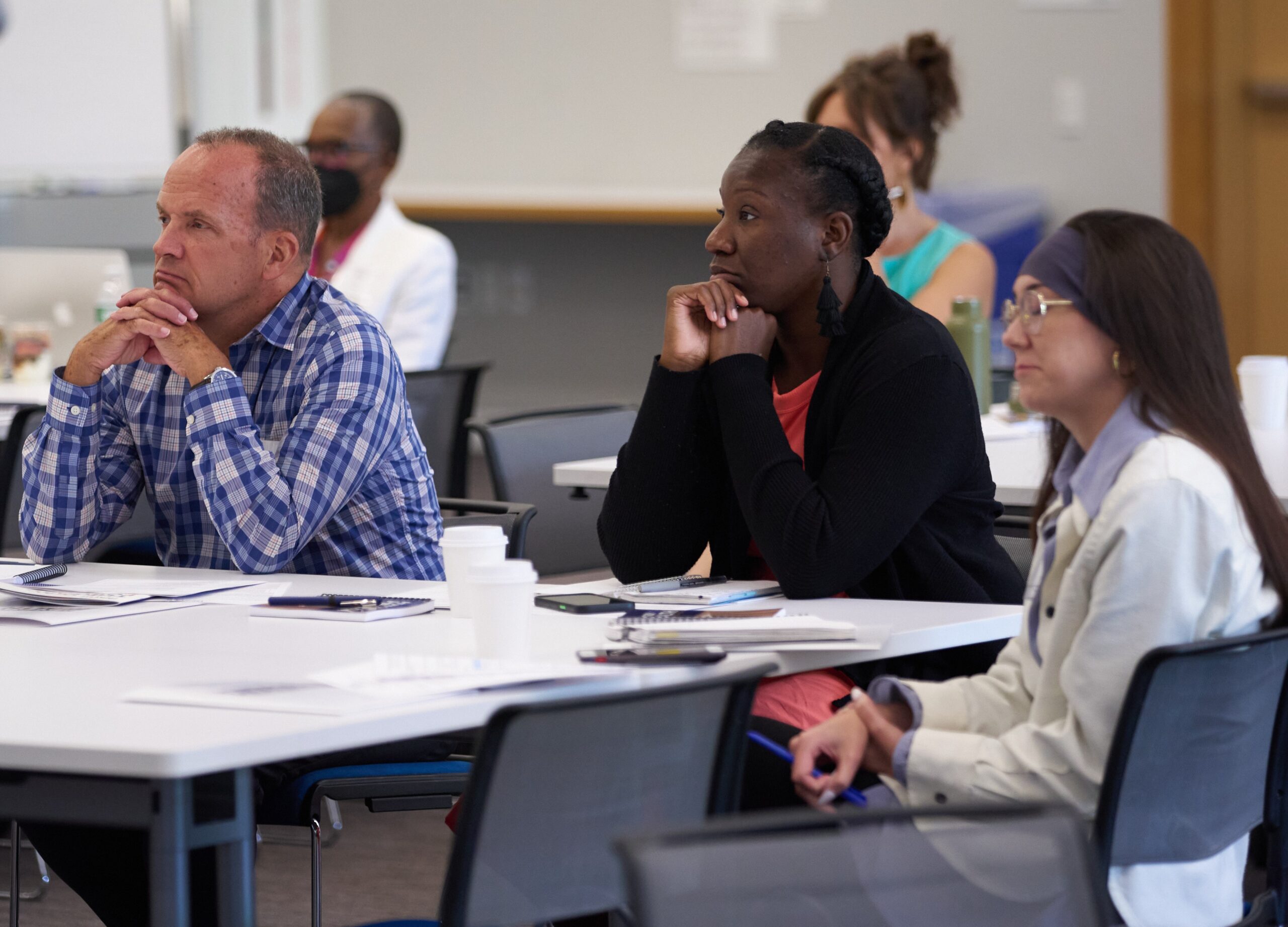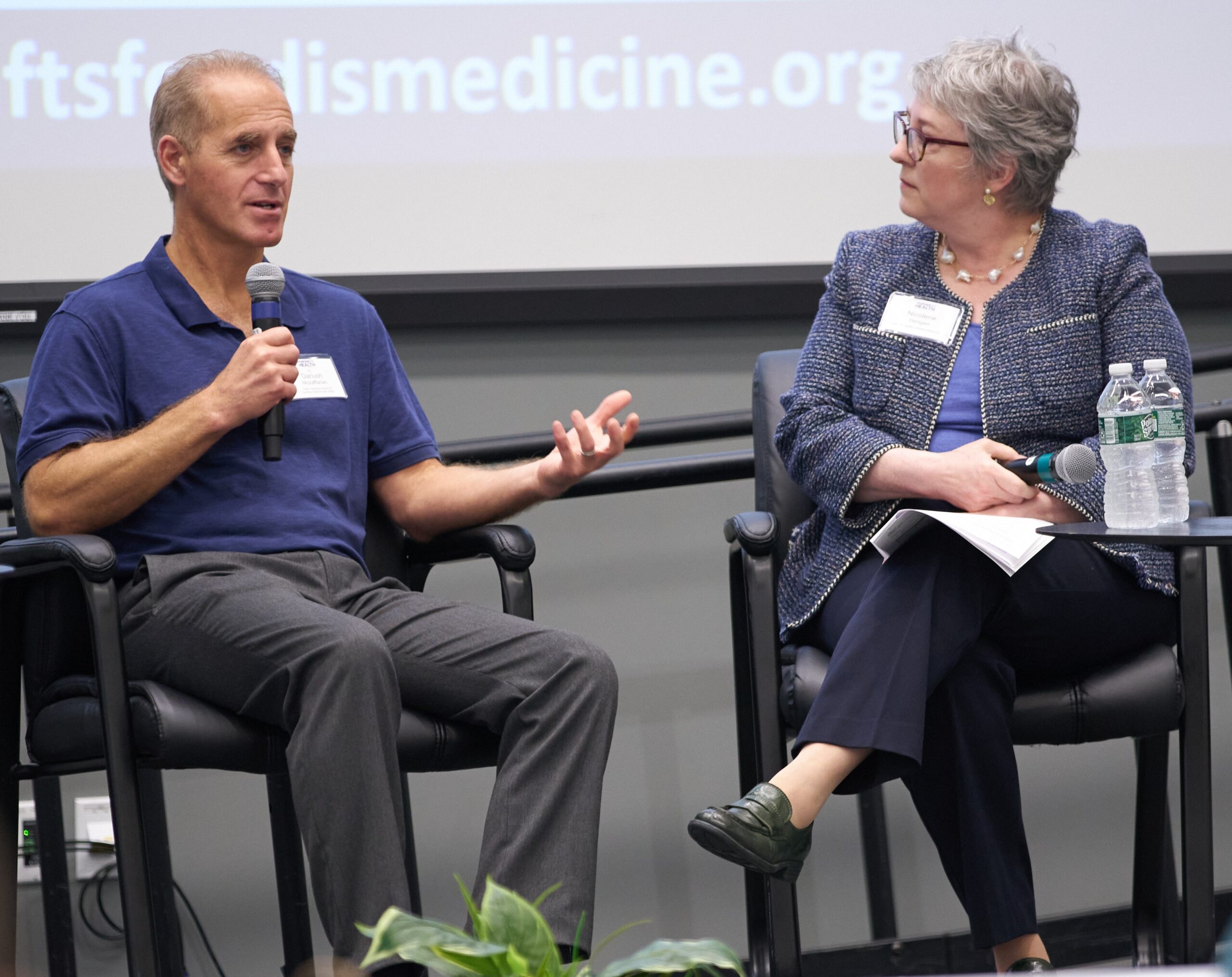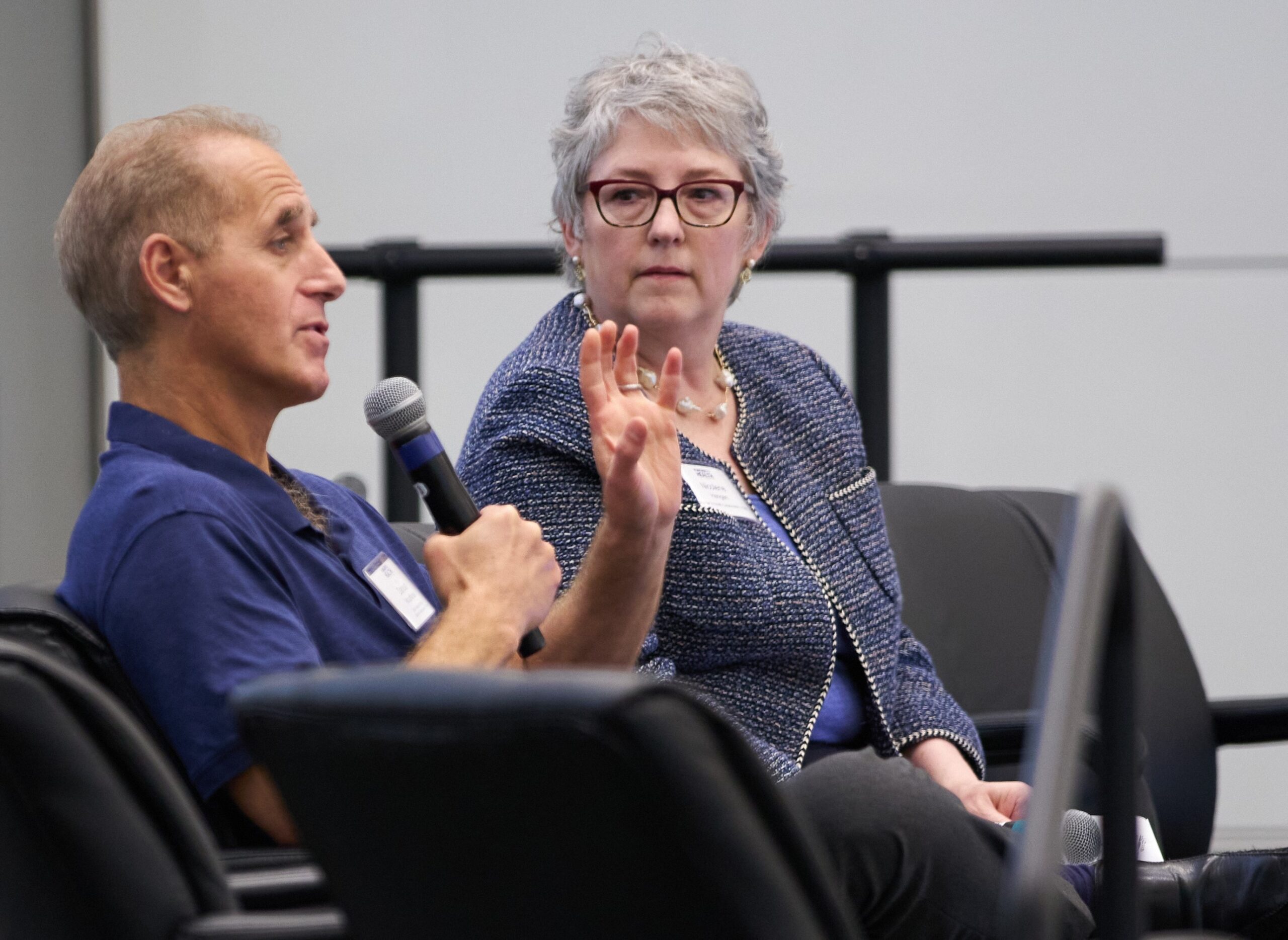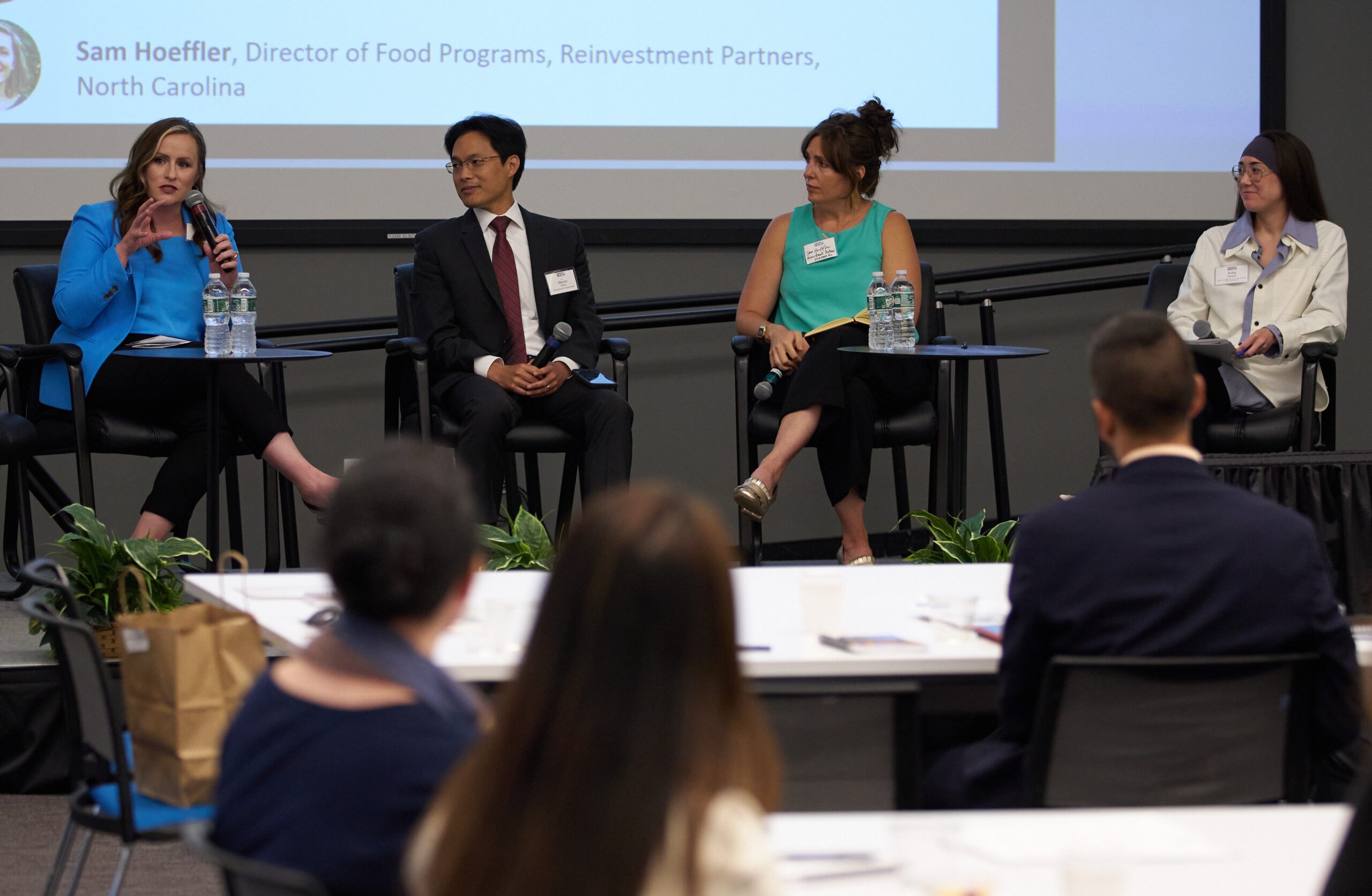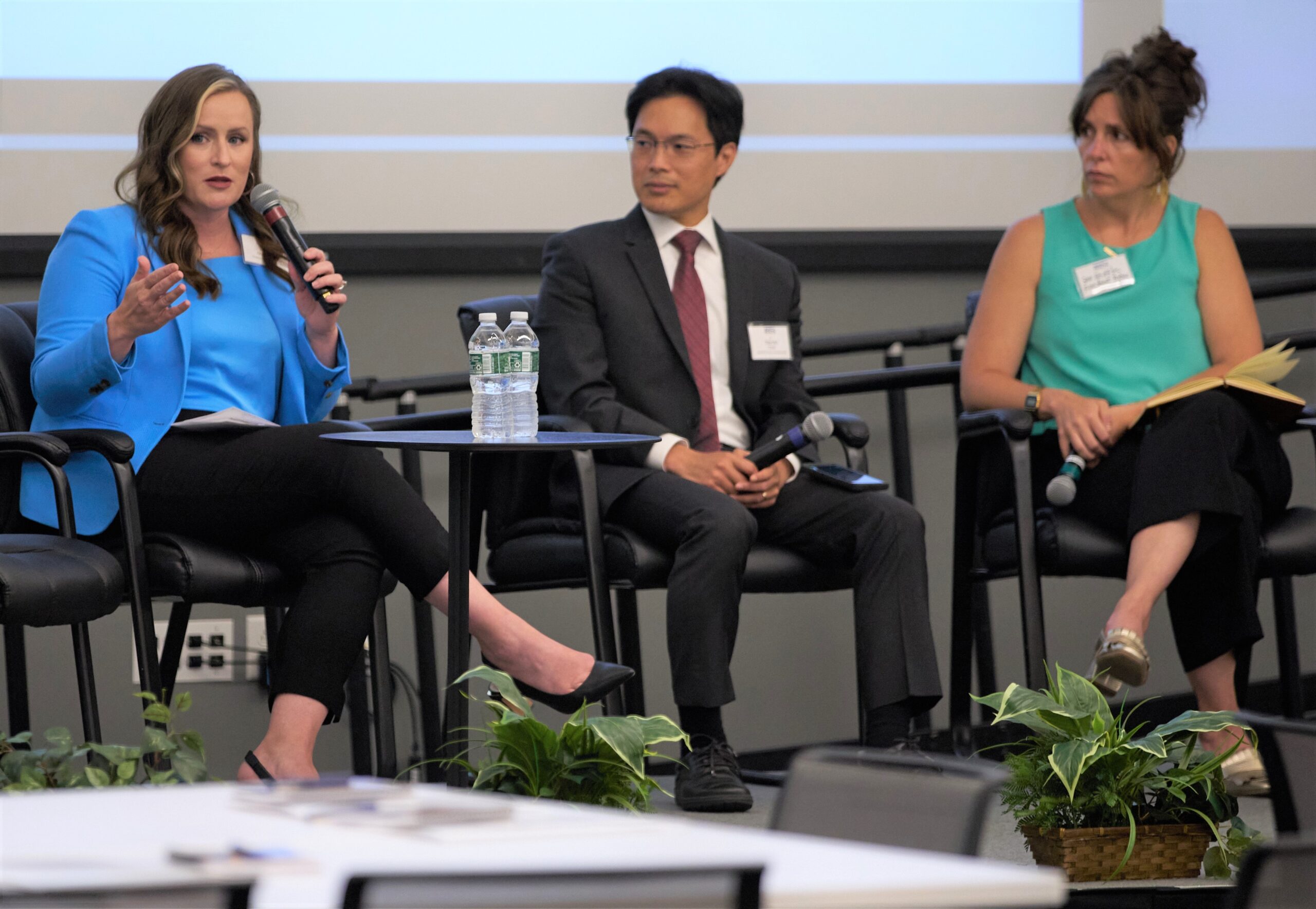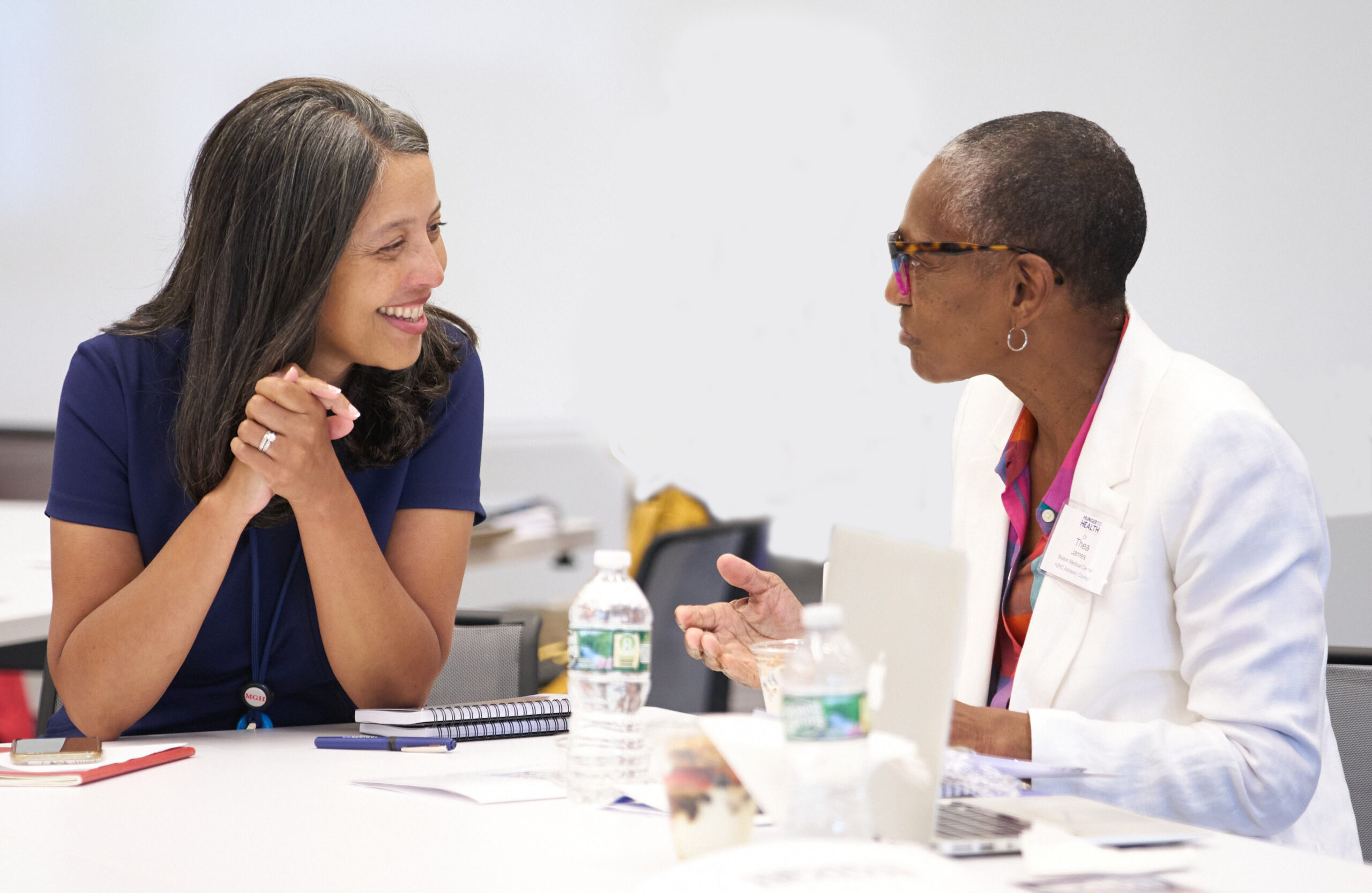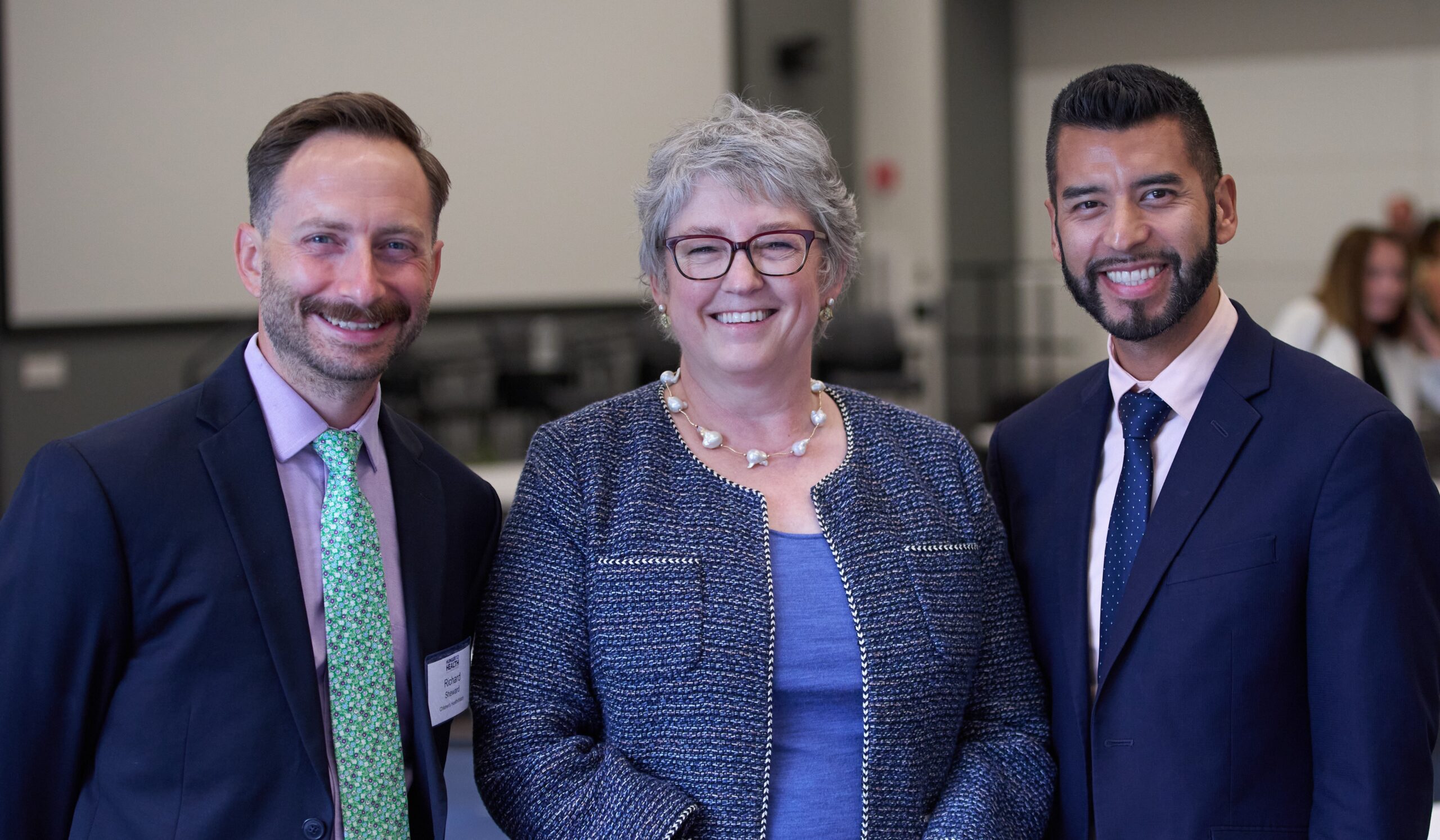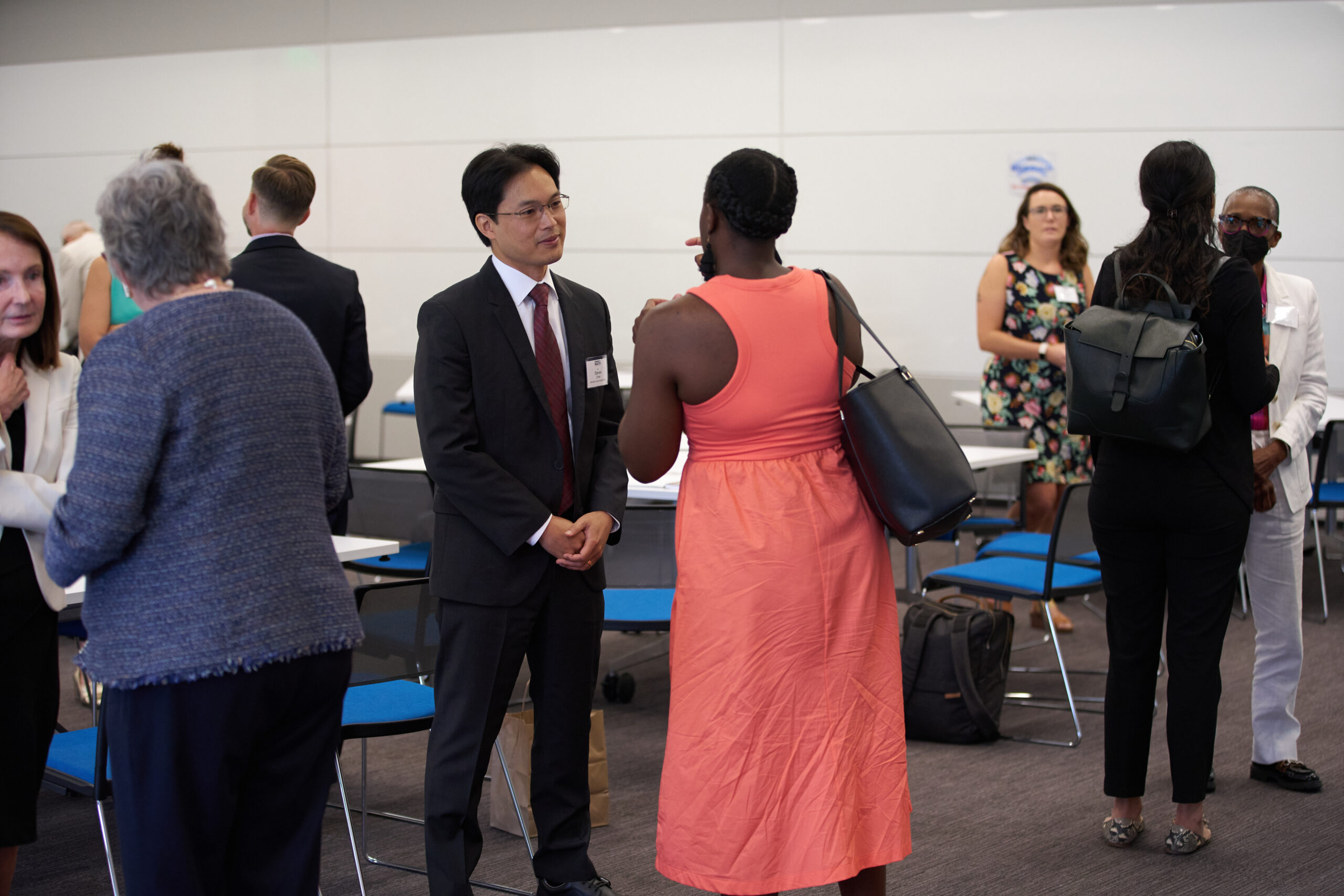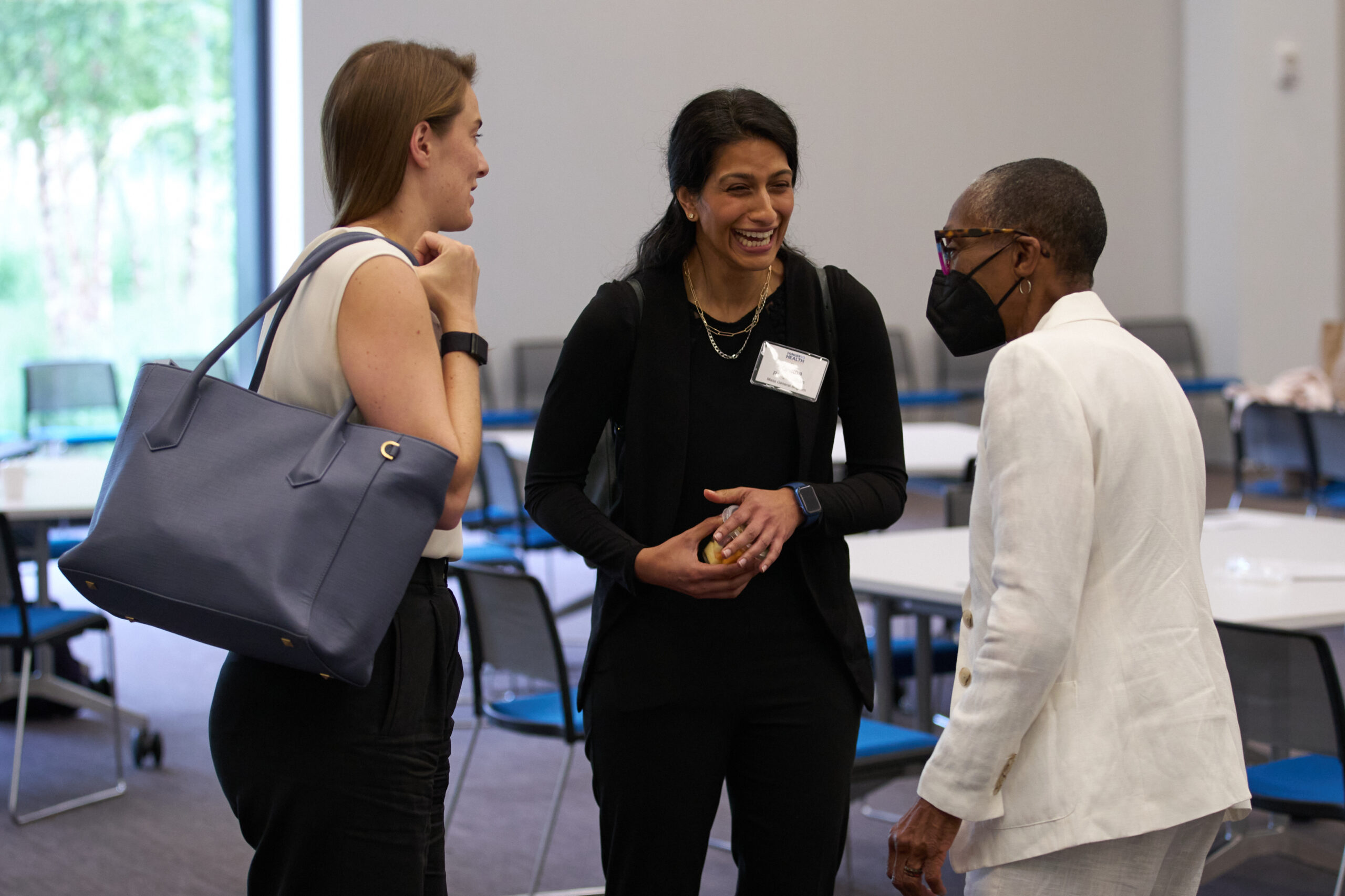SDOH: National Context and State-Based Models of Innovation
The Hunger to Health Collaboratory (H2HC) hosted a discussion at Mass General Brigham in Somerville, MA, and virtually, on the national landscape and select state-based challenges and successes of addressing the social drivers of health (SDOH).
H2HC’s July convening displayed the power of collaboration in thinking creatively and building consensus to advance health equity. Whether through strategically eliminating duplication and red tape or by harnessing unconventional partnerships, speakers highlighted pathways for innovation and success created by those tasked with the hardest work in this effort, including patients, providers, healthcare leaders, corporate partners, academics, community advocates, and policymakers. Together, the diverse, cross-stakeholder participants identified pressing priorities and outlined models of innovation and strategies that put solutions within reach.
July 2023 Recommendations
- Take full advantage of current opportunity for waiver-based experimentation
- Share lessons learned for needed course corrections
- Build nontraditional partnerships between healthcare, community organizations, the federal government, and the private sector to increase capacity and broaden reach
- Approach innovation as a team sport
- Prioritize and center health equity in healthcare
- Build the structures, incentives, and structural programs that can support effective SDOH referral connections
- Address the HIPAA and compliance challenges that community-based organizations face when working to partner with healthcare organizations.
- Make heathcare work sustainable for healthcare professionals
- Adjust Food is Medicine cost savings expectations (which are considerably higher than those for other healthcare interventions for diet-related diseases, e.g, drug interventions to treat cardiovascular disease, Type-2 diabetes, and hypertension)
- Address SDOH issues holistically
- Make screening processes as easy as possible for staff
- Ensure that screening information collected is actionable, avoids duplication, and allows for information sharing
- Acknowledge that asking screening questions is not harmless
Agenda
- Welcome and Announcement of H2HC Inaugural Innovation Prizes
Nicolene Hengen, Executive Director, H2HC
Melanie Condon, Director of Sustainability, Keurig Dr Pepper - Panel 1: National Context Setting
Richard Sheward, Director of System Implementation Strategies, Children’s HealthWatch (Moderator)
Katie Garfield, Director of Whole Person Care, Center for Health Law and Policy Innovation (CHLPI), Harvard Law School
Alberto González, Senior Advisor for External Affairs, Food and Nutrition Service, USDA
Sheila Hanley, Senior Advisor, Center for Medicaid and Medicare Services Innovation Center, HHS
Priscilla Wang, Associate Medical Director, Primary Care Health Equity, Mass General Brigham - Spotlight: Tufts Food is Medicine Initiative
Nicolene Hengen, Executive Director, H2HC (Moderator)
Dariush Mozaffarian, Dean Emeritus and Jean Mayer Professor of Nutrition, Friedman School of Nutrition Science & Policy, Tufts University - Panel 2: Screening and Intervening: Examples of Innovation from Selected States
Erika Hanson, Clinical Instructor, Center for Health Law and Policy Innovation (CHLPI), Harvard Law School (Moderator)
Chelsey Canavan, Manager, Center for Advancing Rural Health Equity, Dartmouth Health, New Hampshire/Vermont
Steven Chen, Chief Medical Officer, Alameda County Recipe4Health, California
Susan Goldenstein, Director of Community Impact, Children’s Hospital Colorado
Sam Hoeffler, Director of Food Programs, Reinvestment Partners, North Carolina - Closing Discussion: Focus on the Health Equity Compact
Dr. Elsie Taveras, Executive Director of the Kraft Center for Community Health and Chief Community Health & Health Equity Officer, Mass General Brigham
Thea James, Executive Director of the Health Equity Accelerator and Vice President of Mission & Associate Chief Medical Officer, Boston Medical Center

